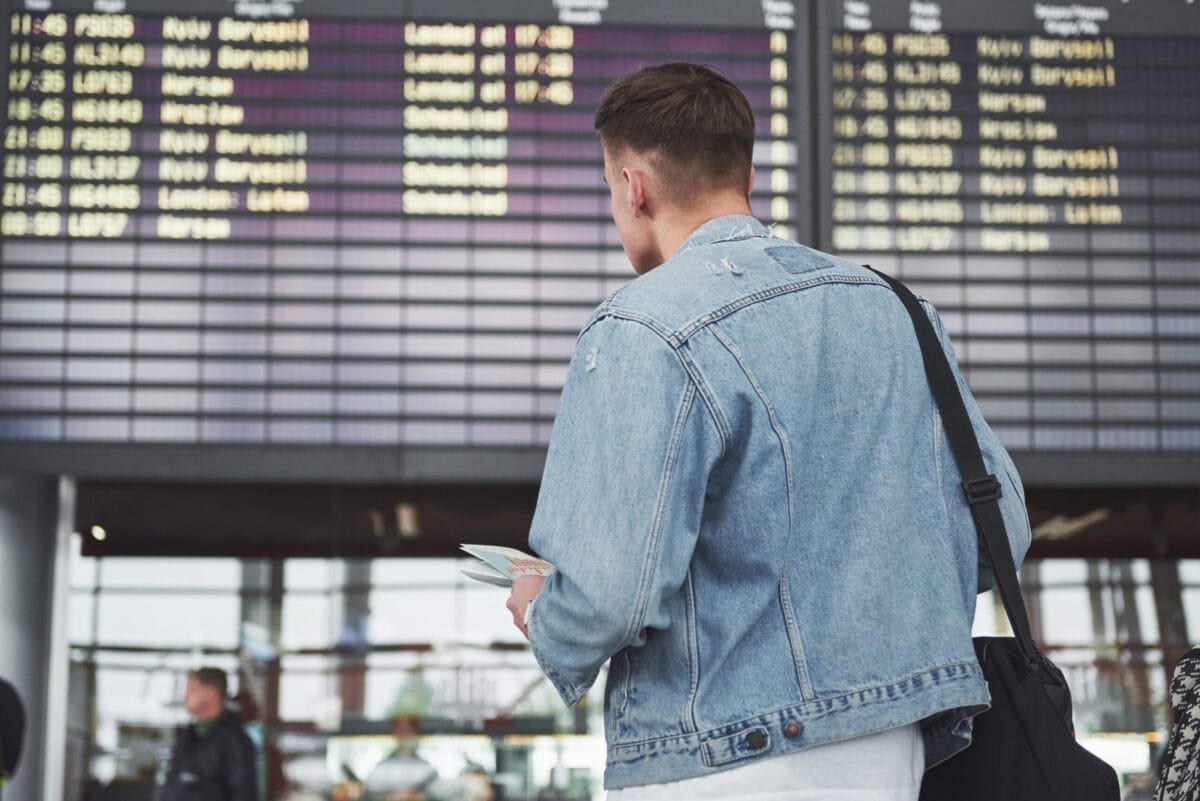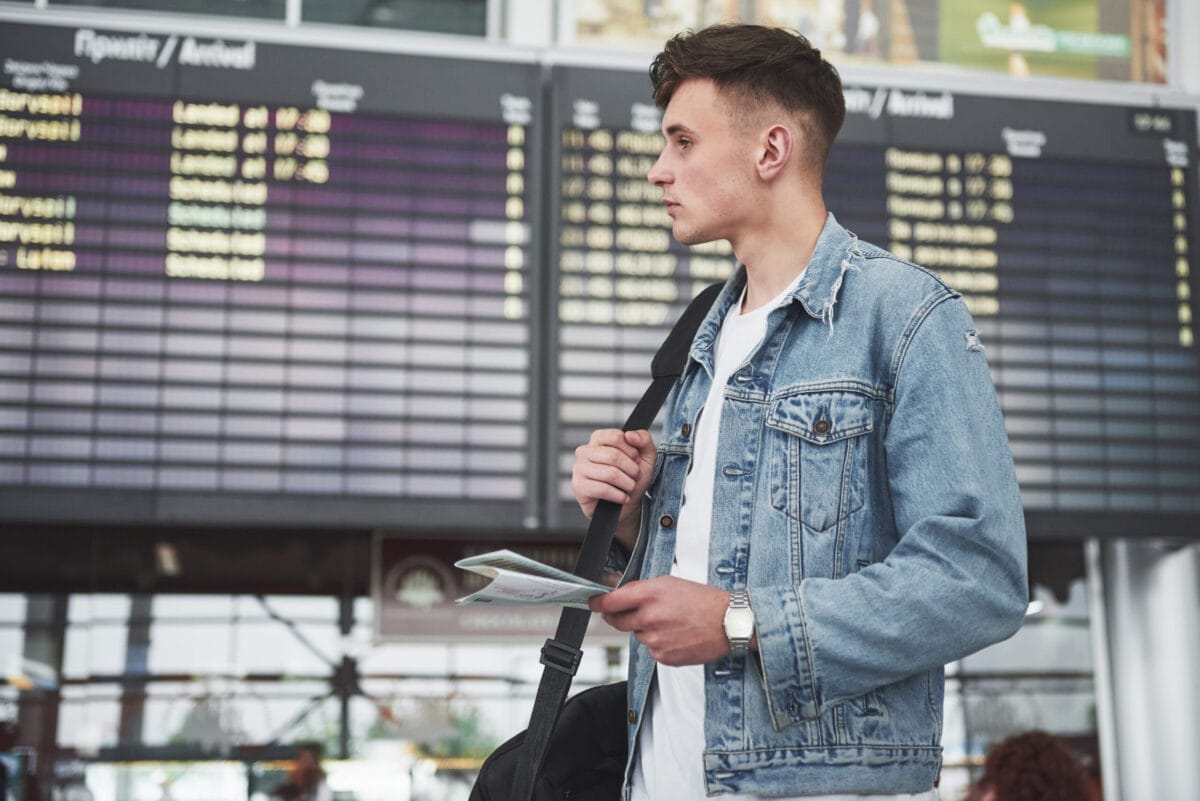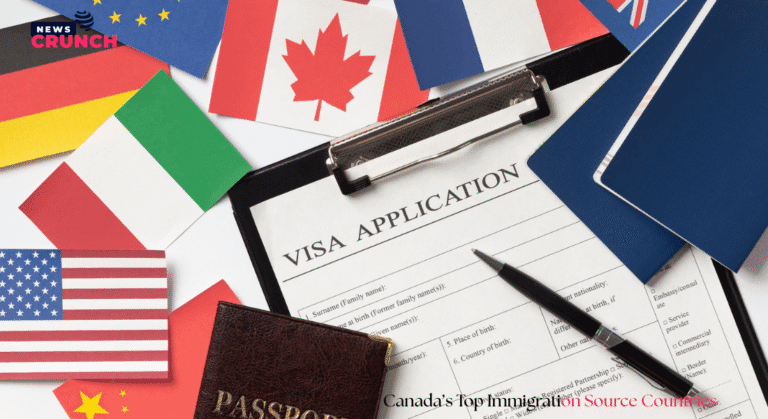
Introduction Why this guide matters (short version)
Travel plans get disrupted. A simple delay can cost you sleep, money, a meeting, or a meaningful connection. Many passengers think the airline will automatically pay them, but this is not always true. Your rights depend on where your journey started, why the delay happened, and which national or regional rules apply. This guide explains United’s practical approach in 2025, the legal protections (U.S. DOT, EU 261, Canada APPR), how to claim, smart documentation habits, real scenarios, and traveller-friendly tips — all lawful and practical.Notably, high-profile cases like the United Airlines Flight UA770 emergency diversion highlight how unpredictable events can disrupt travel and raise questions about compensation.
Quick snapshot What to expect right now
- U.S. flights: If your flight is canceled or significantly changed and you choose not to travel, you’re entitled to a refund to the original form of payment. Cash payouts for delays are generally not mandated by U.S. law. United often offers rebooking, meal vouchers, or hotel support at its discretion.
- EU departures (EU 261): If your flight departs from an EU country, you may be entitled to €250–€600 cash when you arrive 3+ hours late — except for extraordinary circumstances.
- Flights to/from Canada (APPR): If the delay is within the airline’s control, fixed compensation amounts apply (up to CAD $1,000) depending on arrival delay.
Always: Document everything, keep receipts, and file claims quickly. Travel insurance and some credit-card protections can fill gaps.
How United typically handles delays (practical view)
United’s customer-care approach blends legal obligations with discretionary goodwill. In real life you’ll see combinations of:
- Rebooking: Free rebooking on another United or partner flight, often the quickest solution.
- Meals: Vouchers for significant delays (common practice: 2–4+ hours when United accepts responsibility).
- Hotels & transfers: If an overnight stay is necessary and the cause was United’s responsibility, the airline often provides hotel + ground transport.
- Refunds: If cancelled or significantly re-timed and you don’t want to travel, you can request a full refund.
- Onboard (tarmac) rules: DOT rules require airlines to provide water/food/medical access and end prolonged tarmac delays within set limits.
Remember: vouchers, extra miles, or upgrades are goodwill useful but not guaranteed unless local law forces cash compensation.

Controllable vs. uncontrollable: why that distinction matters
When you file a claim, the central question is: could United have prevented this?
- Controllable (airline responsibility): crew shortages, scheduling errors, maintenance that wasn’t emergent, avoidable operational problems. These usually make you eligible for more help (hotels, vouchers) — and may trigger statutory compensation in EU/Canada.
- Uncontrollable / extraordinary: severe weather, volcanic ash, air traffic control restrictions, acts of government, security events.
Events like the United Airlines Flight UA770 emergency diversion fall under extraordinary or safety-related categories. Such situations usually exempt the airline from statutory cash compensation, but passengers are still entitled to care (meals, hotel if overnight, rebooking).
If the airline calls something “mechanical” or “technical,” ask for specifics — and write down what staff tell you. Clear documentation strengthens your claim later.
U.S. DOT basics (what really applies)
- Refunds: If the flight is canceled or you experience a significant schedule change and you choose not to travel, you are entitled to a refund (ticket + optional extras not used).
- No guaranteed cash for delays: Unlike EU/Canada, U.S. federal law doesn’t require cash compensation for delays. Airlines decide on refunds, vouchers, or accommodations except where specific state or contractual rules say otherwise.
- Tarmac rules & services: DOT limits tarmac times and requires basic services after certain durations.
Practical tip: In the U.S., treat any voucher or hotel offered as goodwill. If you want cash instead, request a refund (where law allows) or file a claim citing your out-of-pocket expenses with receipts.
EU 261 (for flights departing the EU) what to know
- Scope: Applies to flights departing an EU member state regardless of carrier. (If a EU carrier departs outside the EU to the EU, that’s also covered — but United is non-EU, so the first rule is the one that usually matters.)
- Triggers: Arrival delay of 3+ hours, cancellations, and denied boarding due to overbooking, when the cause is within the carrier’s control.
- Compensation amounts:
- < 1,500 km → €250
- 1,500–3,500 km → €400
- 3,500 km → €600
- Defences: Extraordinary circumstances (weather, strikes outside company’s control, political unrest) can relieve the carrier of cash liability.
- Care: Regardless of compensation, airlines must provide care (meals, refreshments, a hotel when overnight, communications). Keep receipts.
Canada Air Passenger Protection Regulations (APPR)
- Scope: Covers flights to/from Canada (and some connecting flights).
- When airline is at fault: Fixed compensation tiers apply (e.g., CAD $400–$1,000 depending on arrival delay length).
- Obligations: Rebooking, communication, meals, hotel when necessary, plus cash compensation when delay is within airline control.
- Proof & timing: Document times and airline statements; APPR claims have clear timelines and documentation expectations.
Table Rights & Remedies: U.S., EU, Canada, United’s Goodwill
| Jurisdiction / Policy | When it applies | Cash compensation available? | Common carrier obligations (care) | Notes |
| U.S. (DOT) | Flights within / from U.S. | No automatic cash for delays | Refunds for cancellations, tarmac rules, and rebooking | Airlines’ own policies matter |
| EU (EC 261) | Flights departing the EU | €250–€600 for long delays/cancellations | Meals, hotel, communications required | Extraordinary circumstances exempt carrier |
| Canada (APPR) | Flights to/from Canada | CAD $400–$1,000 (tiers) | Care + cash if within carrier control | Clear fixed amounts, stricter enforcement |
| United — goodwill | Global (case-by-case) | Rare cash; usually vouchers/credits | Vouchers, meals, hotels, rebooking | Useable but discretionary |
Step-by-step: How to file a claim with United (practical workflow)
- At the airport (immediately):
- Ask for written reason/status and rebooking options.
- Request immediate care (meal vouchers, hotel) if the the delay is United’s fault.
- Take photos of the gate screen or delay board.
- Collect documents:
- Boarding passes, booking confirmation, receipts (meals, taxis, hotels), emails/SMS from United, and staff names if provided.
- Submit a claim:
- Use United’s customer care portal or mobile app (choose “refund/compensation/irregular operations” as applicable).
- If claiming under EU 261 or APPR, mention the regulation explicitly and attach receipts.
- Follow up:
- Note the claim reference number. If no reply in a reasonable time (e.g., 2–8 weeks), escalate via customer service social channels or airport customer relations. Keep polite but firm.
- If denied and you think it’s wrong:
- Under EU/Canada, you can escalate to the national enforcement body (e.g., a national aviation authority). In the U.S., file DOT consumer complaint if airline fails to respond on refunds or tarmac delays. (For all legal and administrative routes, do not threaten or commit anything illegal.)
Examples (realistic scenarios)
- Scenario 1: Domestic U.S. flight, mechanical delay, 6 hours:
United offers rebooking and a meal voucher. No legal cash is due, but keep receipts and request goodwill compensation (miles or credit). - Scenario 2: Flight departs from EU, arrives 4 hours late due to a crew scheduling error:
Under EU 261, you’re likely entitled to compensation (€250–€600 depending on distance). - Scenario 3 Flight to Canada delayed 5 hours due to maintenance avoidable with regular servicing:
APPR may entitle you to fixed cash compensation plus care. - Scenario 4 Emergency diversion similar to United Airlines Flight UA770:
If a diversion is caused by a medical emergency, weather, or other safety issue, it is generally categorized as extraordinary. Cash compensation is unlikely, but United typically assists with rebooking, overnight stays if stranded, and sometimes goodwill credits. Documentation is still crucial.
Documenting the delay exact actions that help claims succeed
- Note scheduled vs actual times (take screenshots of online flight status).
- Save all receipts of out-of-pocket costs.
- Take photos of departure boards or gate announcements.
- Ask staff for a written explanation or get the name of the agent you spoke with.
- Keep copies of emails and SMS from the airline.
Even in unusual cases like the United Airlines Flight UA770 emergency diversion, thorough documentation helps prove your eligibility for care and reimbursement.
Travel insurance when it pays where the airline doesn’t
Travel insurance often covers delays regardless of airline policies, including weather-related expenses. Typical coverages:
- Meal & hotel costs after a set delay (e.g., 6–12 hours).
- Missed-connection costs and emergency transport.
- Trip interruption or additional nights.
Before you buy, check the policy limits, the delay trigger time, and whether it stacks with airline compensation. Some insurers will deduct any amount already paid by the carrier.
Practical negotiation tips get better outcomes without drama
- Stay calm and polite — agents are more helpful to reasonable passengers.
- Be specific: “My flight UA123 from London to New York arrived 4 hours late due to operator-controlled crew shortage; I request EU 261 compensation of €600.”
- Attach receipts immediately when claiming.
- Use social media for escalation if email gets no response — many airlines react fast to public messages.
- If denied, ask for the precise legal reason and keep written records — you can escalate to the regulator if needed.
Safe escalation routes (legal & non-confrontational)
- EU cases: File with the EU member state enforcement body if United doesn’t respond properly.
- Canada cases: Use the Canadian Agency process for APPR disputes.
- U.S. cases: File DOT complaints for tarmac delays, refunds not processed, or general non-compliance.
All these are official administrative channels — legal and proper ways to seek redress. Avoid threats, false claims, or impersonation; those are illegal. 
FAQs quick answers
Q: Do I always get cash if my United flight is delayed?
A: No only under specific laws (EU 261, Canada APPR) or if United voluntarily offers it.
Q: How long to wait for a claim decision?
A: Usually 2–8 weeks; complex cases may take longer.
Q: Can travel insurance duplicate airline compensation?
A: Insurers typically offset amounts already paid by airlines, but policies vary.
Q: What counts as “extraordinary circumstances”?
A: Severe weather, natural disasters, airspace closures, and certain strikes — these can exempt carriers from cash liability.
Q: Should I accept a voucher on the spot?
A: If you need immediate help (hotel/food), accept, but note that taking a voucher may affect later reimbursement claims keep everything documented.
2025 updates what’s new & why it helps you
- Greater transparency requirements: Airlines must provide clearer reasons for delays and expected durations.
- Faster online claim processing: Many carriers streamlined their portals in 2024–25, so digital claims are quicker.
- Stricter rules on carrier-controlled delays in some jurisdictions: This increases chances of compensation when the fault lies with the airline.
These changes mean better clarity and, in many cases, faster relief — but proper documentation and persistence still matter.
Read Also: NC Real Estate Commission
Conclusion: own your passenger rights (safely)
Navigating flight delays and the compensation process can be challenging, but being informed about your rights and the available support can make all the difference. You can ensure you receive proper redress by understanding United Airlines’ policies, eligibility criteria, and legal frameworks.
High-impact events, including diversions such as the United Airlines Flight UA770 emergency diversion, remind us why knowing your rights is essential. Even when cash payouts aren’t guaranteed, you can still secure refunds, care, or goodwill assistance by following the proper steps.
Ultimately, being proactive and knowledgeable empowers you as a passenger. Whether it’s a routine delay or an emergency rerouting, you’ll be ready to handle it confidently, safely, and lawfully.







